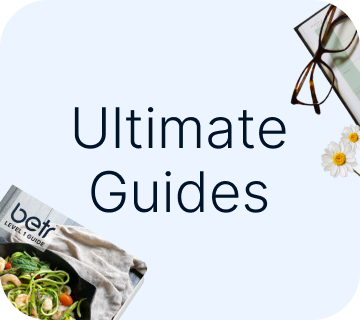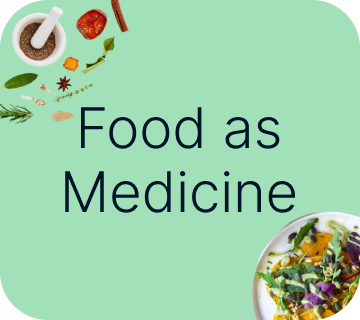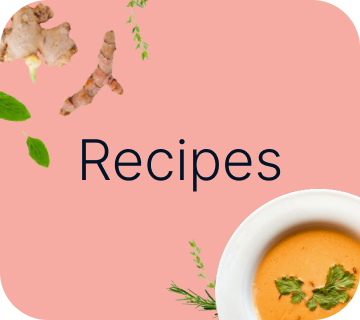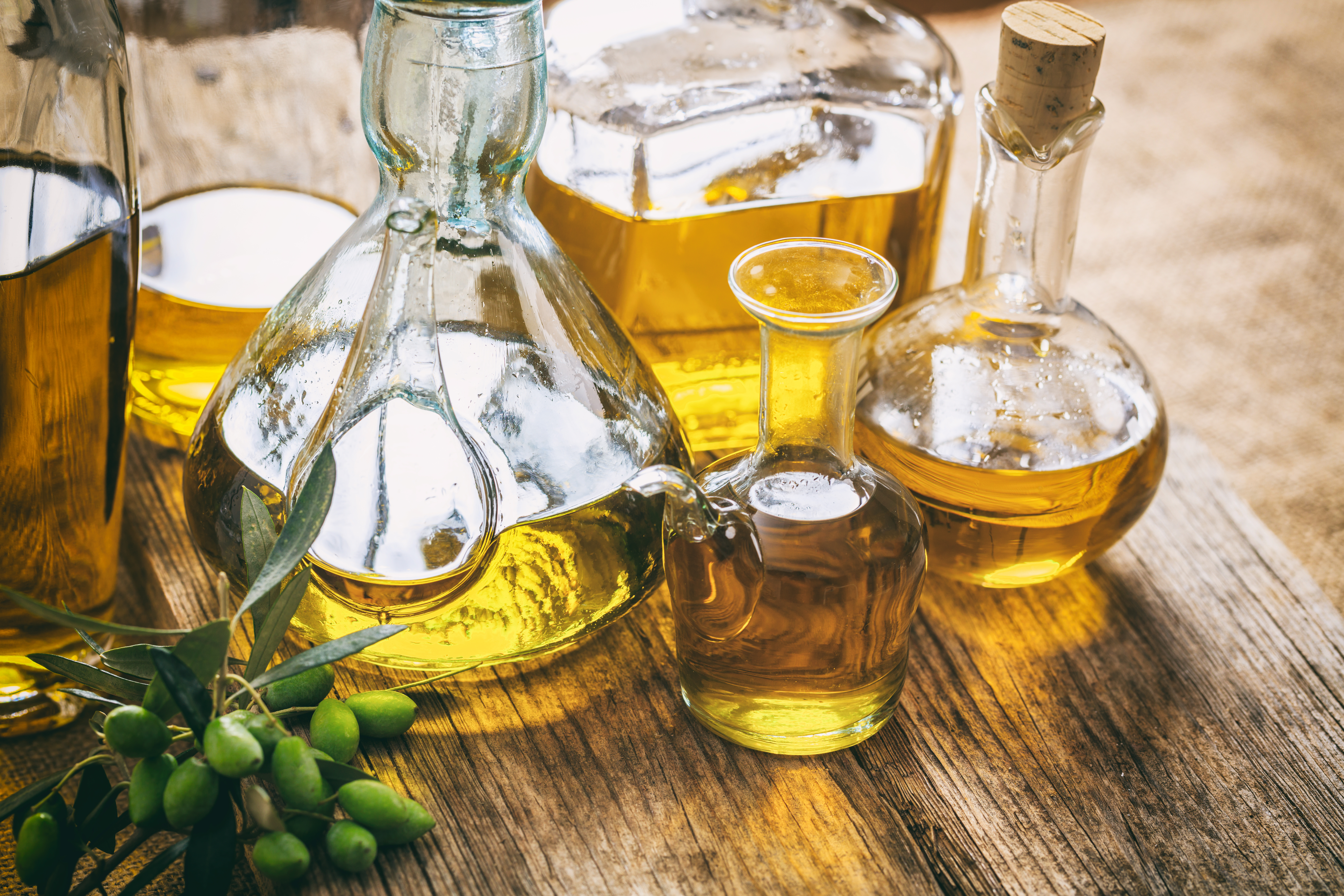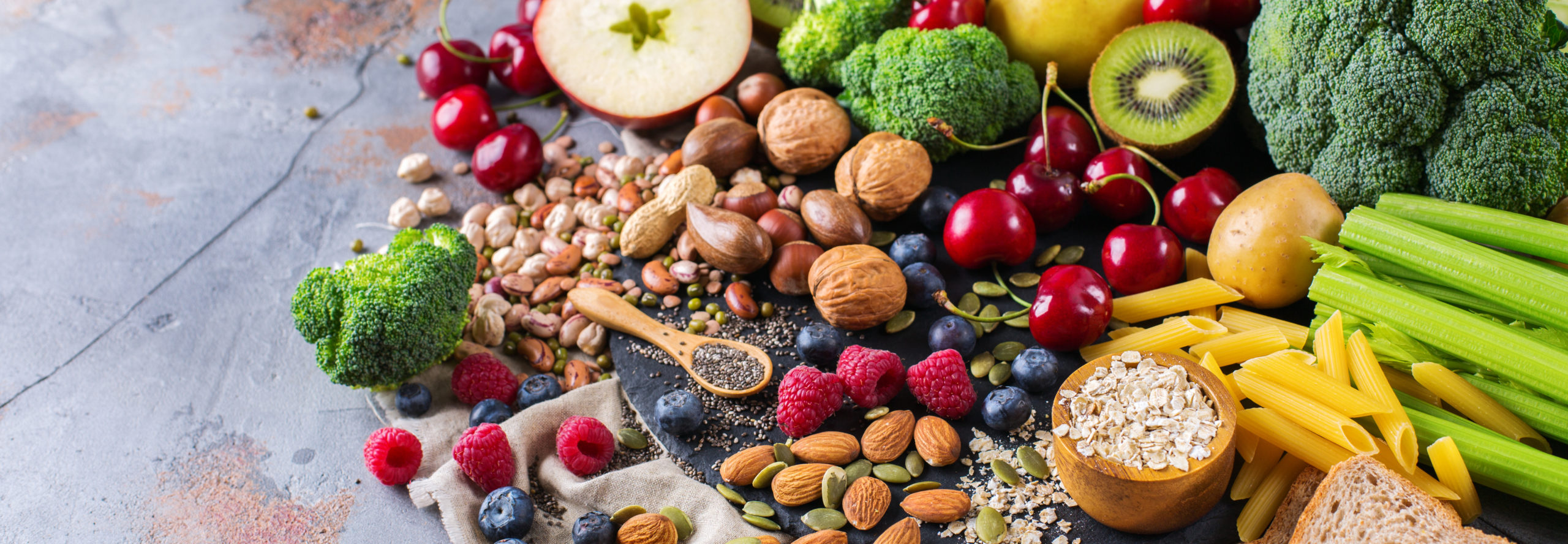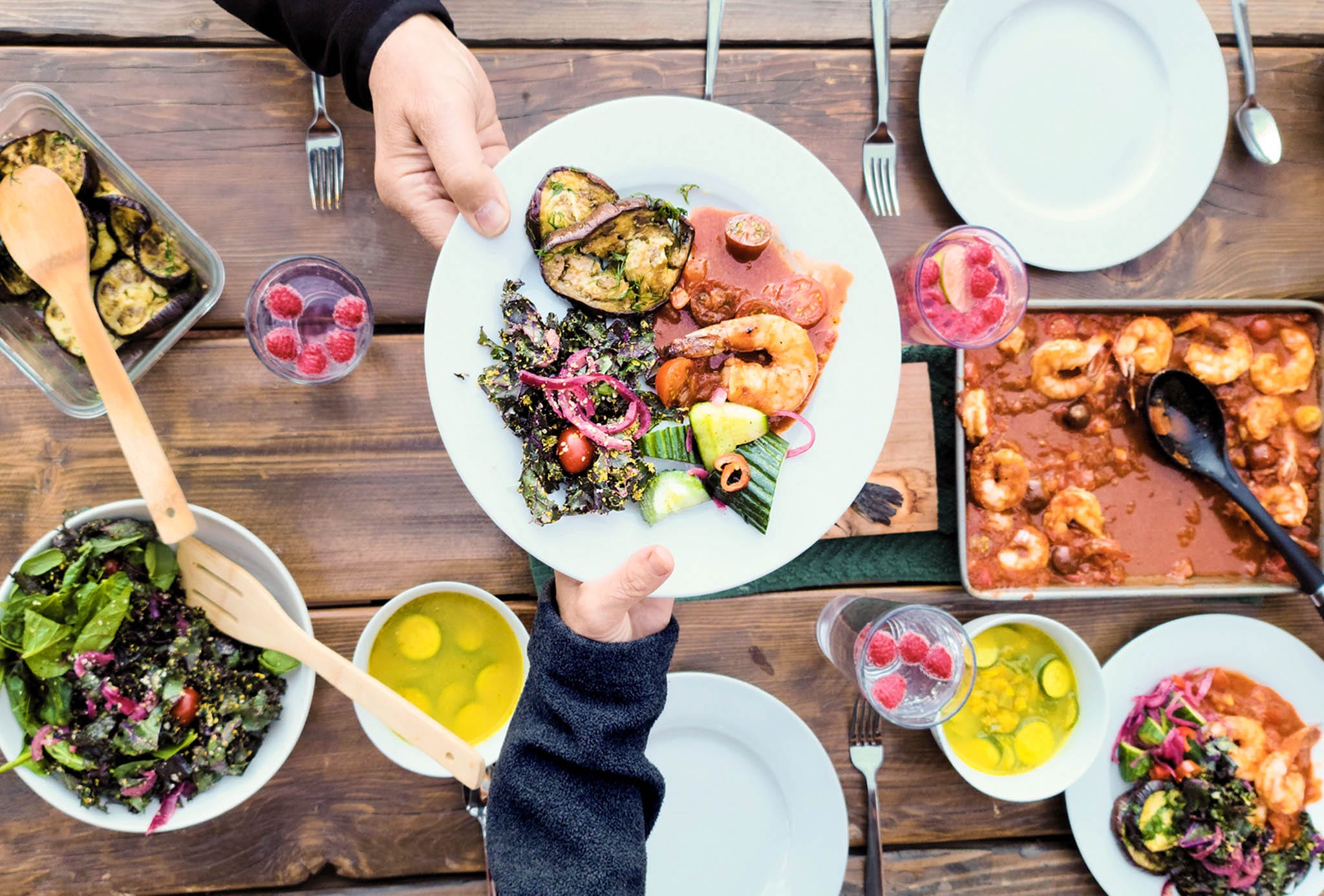Organic, Natural, non-GMO, Low Fat– the number of label categories on our food is dizzying! It’s even more confusing to understand the distinction between these categories.
That’s where Betr’s got your back!
Read on to understand these label categories’ meaning or meaninglessness!
Organic
Organic is a common food label claim. And unlike many other label claims, organic is helpful because the US Department of Agriculture has set legal requirements for calling something organic.
To be certified organic, an ingredient can’t be grown with pesticides, synthetic fertilizers, or antibiotics. There are also additional requirements for farming organic food or raising animals for organic meat.
Even with these guidelines, organic labeling isn’t a simple “yes or no.” There are different categories of organic foods that you may see on a label. Here’s what they mean.
- 100% Organic: This one is self-explanatory. To claim “100% organic” and use the “Certified USDA Organic” seal, a food must have only organic ingredients.
- Organic: The “Organic” label means a product has less than 5% of specifically allowed non-organic ingredients. These ingredients are usually things that can’t or aren’t produced organically. Foods labeled organic can also carry the USDA seal.
- Made with Organic Ingredients: These foods must contain at least 70% organic ingredients. In addition, the other ingredients can’t be a product of expressly excluded farming processes, such as genetic modification. These products can’t carry the USDA seal on their packaging.
- Specific Organic Ingredients: the final category means that some aspect of the food is organic. The label can’t use the USDA seal or claim to be organic. Still, it can note that certain ingredients are organic and list the specific amount of those ingredients.
Takeaway
Try to select 100% Organic or Organic ingredients when possible. Although “organic” doesn’t equal “healthy,” choosing healthy foods without inflammatory pesticides, fertilizers, or antibiotics can mean they’re even better for your health!
Natural
The term “natural” is one of the most misleading terms in food labeling. No specific guidelines or legal requirements make a food “natural.” Even the FDA, which is in charge of creating the rules for food labeling, doesn’t have specific directions on what a food product labeled “natural” means.
Here’s one of the issues with “natural” flavorings. While they usually come from the natural source of the flavor, such as a fruit or a plant, this flavor can be extracted using synthetic chemicals. Currently, there’s minimal evidence of whether or not these synthetic chemicals could cause safety issues in the final product.
Takeaway
If a food says “natural,” do more research. You can always submit nutrition info to your coach or the “Ask Us” button in the Betr App to determine if that specific product fits your Betr lifestyle!
Non-GMO
“GMO” stands for “genetically modified organism.” This means that scientists have changed the genetic code of certain crops to make them more productive, resistant to pests, and able to withstand stronger “weed-killers” used in industrial agriculture.
Non-GMO indicates that the product hasn’t undergone human genetic modification, meaning it’s still in its natural (as in unchanged by human hands) state.
GMOs make up a growing percentage of our food supply. Many grains, specifically corn and soybeans, are genetically modified, and some GMO fruits and vegetables too!
The FDA claims that GMOs are safe for human consumption. In many cases, this is likely true. But, because GMO organisms are growing in popularity, the jury may still be out. It’s also worth considering that the purpose of most modifications is to help crops withstand synthetic chemicals used in industrial agriculture.
Takeaway
“Go with your gut” on this one. But, If you have the choice between GMO and non-GMO food, why not go for non-GMO?
Diet
Here’s the big question, does something labeled “diet” mean that it’s healthy? We think not!
Like the “natural” label, “diet” doesn’t mean anything. Just because something is labeled “diet” doesn’t mean it’s nutritionally valuable or will help you to lose weight. Usually, diet means that the product contains few to zero calories.
The problem with this low-calorie approach is manufacturers usually add artificial sweeteners and other additives to the final product. The obvious example is diet soda. Sure, it has fewer calories than regular soda (which we don’t recommend drinking, either!), but at what cost?
The Downside of Diet Soda, on our Betr Blog, details the problems with artificial sweeteners. Evidence indicates they’re bad for your gut microbiome, may make it harder to lose weight (if that’s your goal), and can disrupt the balance of hormones related to appetite and blood sugar.
Takeaway
We’re not a diet, we don’t care about counting calories, and we’re all about avoiding artificial ingredients. Skip the diet soda and opt for H2O!
Low Fat
Honestly, this might be the trickiest of all the labels for Betr to weigh in on, so let’s start at the beginning.
There was a time in nutrition circles when “fat” was the bad guy, and doctors said to go “low-fat” at ALL COSTS! But, as the years have gone by, we’re finding it’s not that cut and dry.
Fat is a necessary part of our diet, and it helps our body produce hormones, heal, and fight inflammation. And some fats are better for you than others. We go into this in greater depth in Betr’s Ultimate Oil Guide.
Fat is also demonized because of its high calorie count. But, within reason, even that isn’t as much of a concern. Our Betr Blog article on counting calories dives into the evidence that there might be more to a healthy weight than just a number!
While we recommend a healthy dose of lean meats, fruits, and veggies, “low-fat” doesn’t get a free pass. Usually, that fat is replaced with sugar or artificial ingredients.
Takeaway
Lower-fat foods are great, but don’t take “low-fat” at face value. Some low-fat foods are packed with additives and sugar to make up for the low-fat. Please do your research, check with your coach, or submit your nutrition question to the “Ask Us” button.
Cage-Free, Free Range, or Pasture Raised
Let’s get something straight: these distinctions have nothing to do with the nutritional value of your food. They only indicate the conditions in which an animal was raised.
But these phrases are a great example of how misleading nutritional labels can be!
Let’s talk about chickens and what these different label tags might indicate.
- Cage Free: This term is regulated by the USDA. Cage-free means a hen or meat chicken isn’t kept in a cage. It can roam freely and has access to food and water, but not the outdoors, at all times. Is it better than an industrial layer cage? That’s probably a low bar.
- Free-Range: Free range is also a term regulated by the USDA. The bird could potentially go outside. That’s it! It doesn’t say how much room it has to roam or if it even goes outside. But it could.
- Pasture-Raised: This is an interesting one. The USDA doesn’t regulate this term. But, when combined with a “certified humane” or “animal welfare approved,” it does mean that the birds are raised in a relatively high-quality environment. They can go inside and outside and live a decent chicken life.
Again, these labels are more about animal welfare than nutrition. But they were worth talking about because it’s another confusing thing manufacturers put on a label.
Takeaway
If you’re concerned about the welfare of the animals you eat, try finding a local farm that humanely raises and processes animals, milk, or eggs! These products are often higher quality than those in the grocery store.
Betr’s Final Verdict on Food Labels
Here’s the most important point: don’t rely on labels like “natural,” “low-fat,” or “diet.” Most of these distinctions are just tools food companies use to sell their product. They don’t have much to do with the nutritional value of the food you’re eating,
Like the foods they label, none of these categories are all bad or all good. Try your best to eliminate toxins and additives from your diet, and do your research! The best way to find what food works for you is by keeping a “Betr, not perfect” mindset.
When in doubt, check in with your coach or hit the “Ask Us” button to see if a food is right for you and your place in the Betr protocol!
After reading this article, you may be asking yourself if your own health hurdles could be related to an unhealthy gut.
Explore Betr's risk-free trial to see if you could benefit from using food as medicine to rebuild your microbiome and realize the healthy potential you never knew you were missing!

